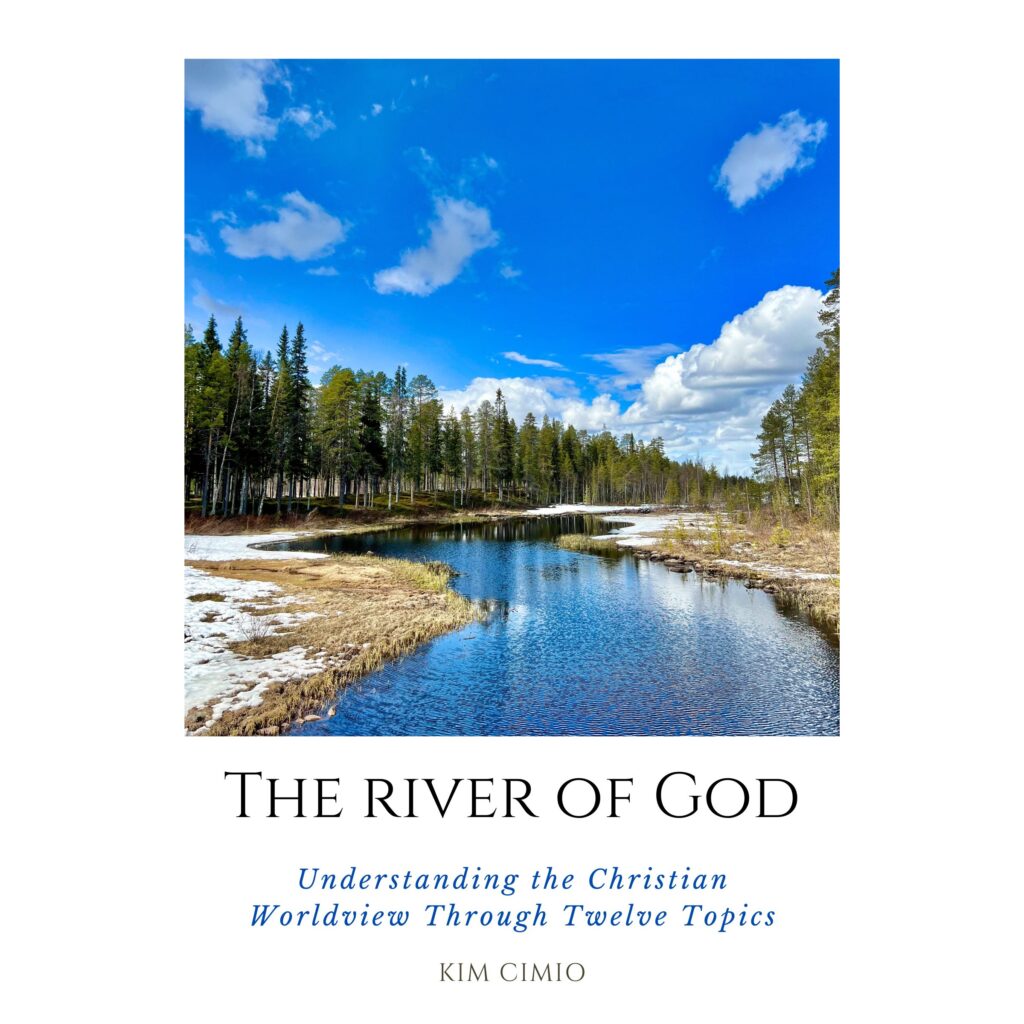Hi, my book The River of God is available for purchase on Amazon, and it is free until Friday (30 January). If you download it, it helps with rankings. Please click here and download it.

Hi, my book The River of God is available for purchase on Amazon, and it is free until Friday (30 January). If you download it, it helps with rankings. Please click here and download it.
